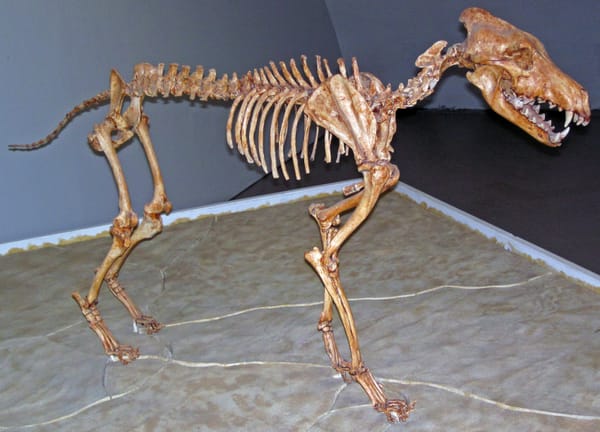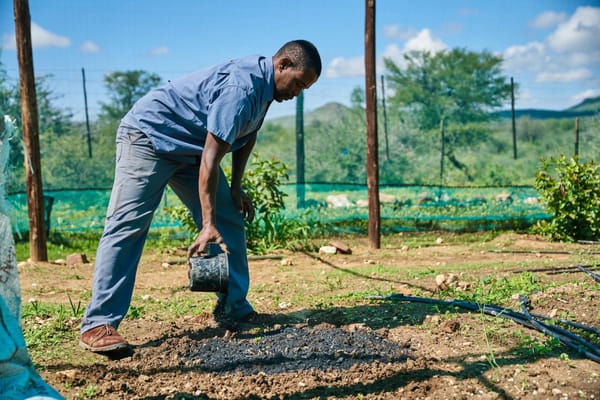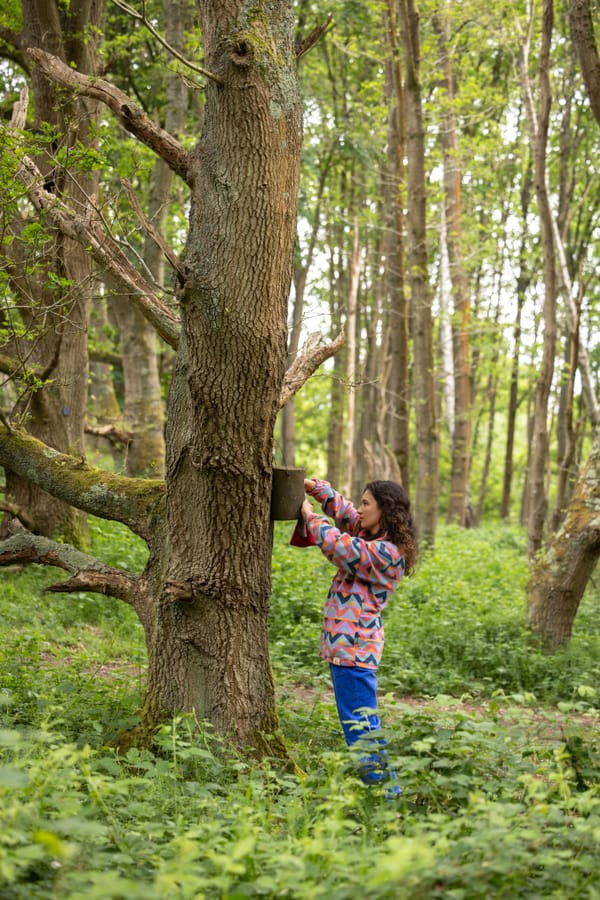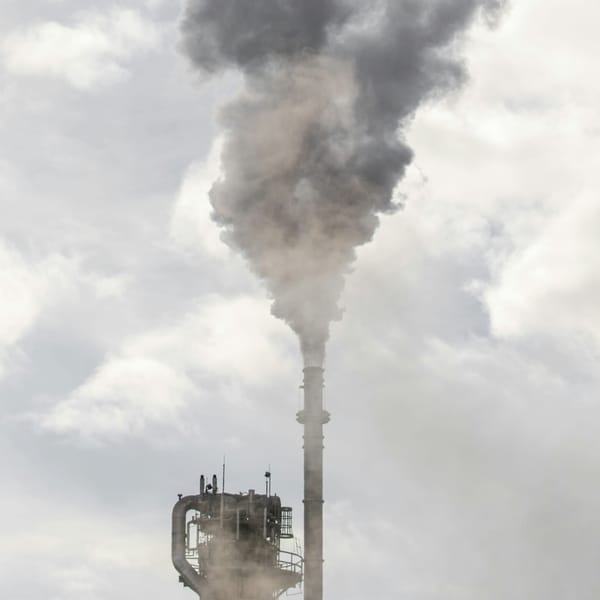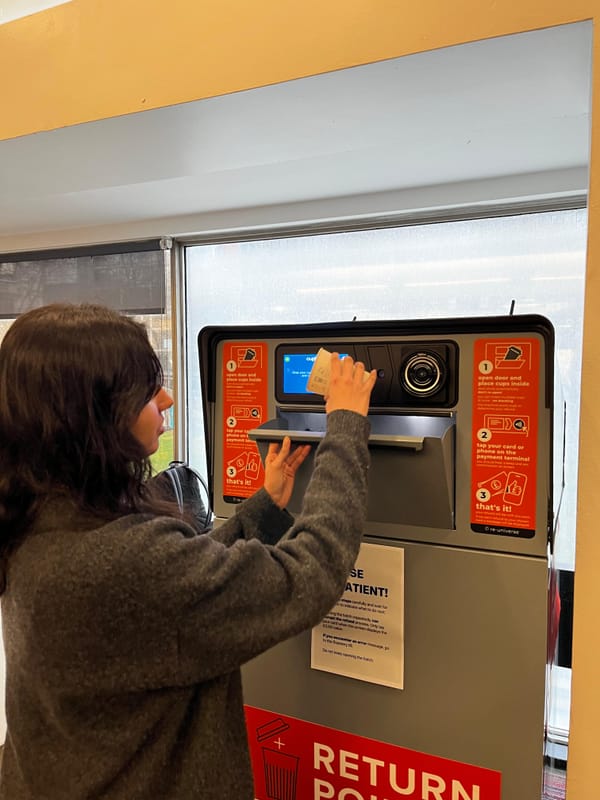
Students’ thoughts on £2 reusable cups at the cafeteria
While buying your morning coffee at The Roastery, you probably wondered why you had to pay £2 extra. This additional cost is a deposit for your Re-Universe cup, which can be refunded by bringing it back to the return point within 7 days. The return point is right across from





